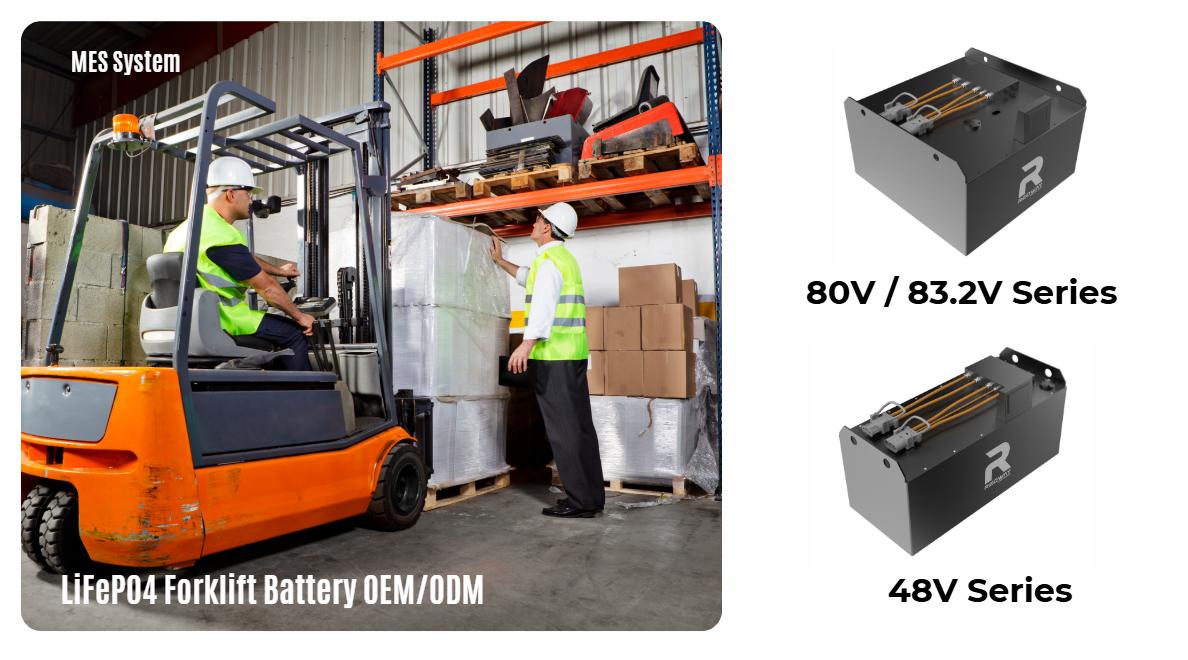
What Are the Best Deals on Forklift Battery Solutions?
Finding the best deals on forklift battery solutions is crucial for maintaining operational efficiency and reducing costs. This article explores various options, including pricing on individual cells, bulk purchases, and regulations surrounding battery sales and shipping.
What are the costs associated with forklift battery replacements?
The cost of replacing a forklift battery varies significantly. Lead-acid batteries typically range from $2,000 to $6,000, while lithium-ion batteries can cost between $17,000 and $20,000. Factors influencing these costs include battery type, capacity, and specific application needs.
| Battery Type | Price Range | Lifespan |
|---|---|---|
| Lead-Acid | $300 – $800 | 1,500 cycles |
| Lithium-Ion | $1,500 – $5,000 | 2,000 – 3,000 cycles |
How can I find the best deal on 2-volt individual cells for forklift batteries?
To find the best deal on 2-volt individual cells, compare prices from multiple suppliers online. Look for bulk purchasing options or wholesale distributors. Additionally, check for promotions or buy-back schemes that may offer discounts on new purchases when trading in old batteries. To find the best deal on 2-volt individual cells for forklift batteries, consider:
- Online Retailers: Websites like Alibaba or EcoPowerBattery often have competitive pricing.
- Local Suppliers: Check with local distributors who may offer bulk discounts.
- Wholesale Options: Buying in larger quantities can significantly reduce per-unit costs.
What are the cheapest 2-volt replacement cells available for forklift batteries?
The cheapest 2-volt replacement cells can often be found from budget suppliers or through wholesale channels. Brands like Exide and Tab may offer competitive pricing. Always compare specifications and warranties to ensure quality alongside cost savings.
How can bulk purchasing of 51.2V batteries benefit my operations?
Bulk purchasing of 51.2V batteries can lead to significant cost savings per unit, reduce shipping expenses, and ensure consistent supply for your operations. It also allows for better inventory management and can simplify maintenance schedules across your fleet. Bulk purchasing of 51.2V batteries offers several advantages:
- Cost Savings: Discounts are often available for larger orders.
- Consistent Performance: Having multiple identical units ensures uniformity in performance.
- Reduced Downtime: Stocking up on spare batteries minimizes disruptions during replacements.
What options exist for dead forklift batteries for sale?
Options for dead forklift batteries include refurbished or recycled batteries sold by specialized suppliers. Some companies offer buy-back programs where you can exchange dead batteries for credit towards new purchases. Always ensure compliance with local disposal regulations when handling dead batteries. Dead forklift batteries may be available through:
- Recycling Centers: Some facilities sell refurbished or recycled units at lower prices.
- Online Marketplaces: Websites like eBay or Craigslist may have listings for used or dead batteries.
- Local Dealers: Some suppliers offer trade-in programs or discounted rates on dead units.
What are Canada’s hazmat rules for shipping forklift batteries?
In Canada, shipping forklift batteries is subject to hazardous materials regulations due to their chemical composition. Batteries must be properly packaged, labeled, and accompanied by appropriate documentation. Consult Transport Canada’s guidelines to ensure compliance with safety standards during transport. In Canada, shipping forklift batteries is subject to strict hazardous materials (hazmat) regulations. Key requirements include:
- Proper labeling and packaging according to Transport Canada guidelines.
- Compliance with specific weight limits and documentation.
- Ensuring that all personnel involved in shipping are trained in handling hazardous materials.
Can I use a forklift battery for solar panel applications?
Yes, you can use a forklift battery for solar panel applications, provided it meets the voltage and capacity requirements of your solar system. Forklift batteries are designed for high discharge rates but may require additional components to ensure compatibility with solar energy storage systems.
Expert Views
“Understanding the intricacies of battery costs and regulations is vital in today’s industrial landscape,” says Tom Richards, a logistics consultant specializing in energy solutions. “By leveraging bulk purchases and exploring alternative applications, businesses can significantly enhance their operational efficiency.”
Frequently Asked Questions
- What is the average lifespan of a lithium-ion forklift battery?
Lithium-ion forklift batteries typically last between 2,000 to 3,000 charge cycles. - Are there any risks associated with using dead forklift batteries?
Yes, dead batteries can pose safety hazards if not handled properly; they should be disposed of according to local regulations. - How often should I replace my forklift battery?
Replacement should be considered when performance declines significantly or after reaching the end of its expected lifecycle. - What should I do if my battery is leaking?
Immediately cease use and follow proper safety protocols to contain and clean up any leaks before contacting a professional service.
